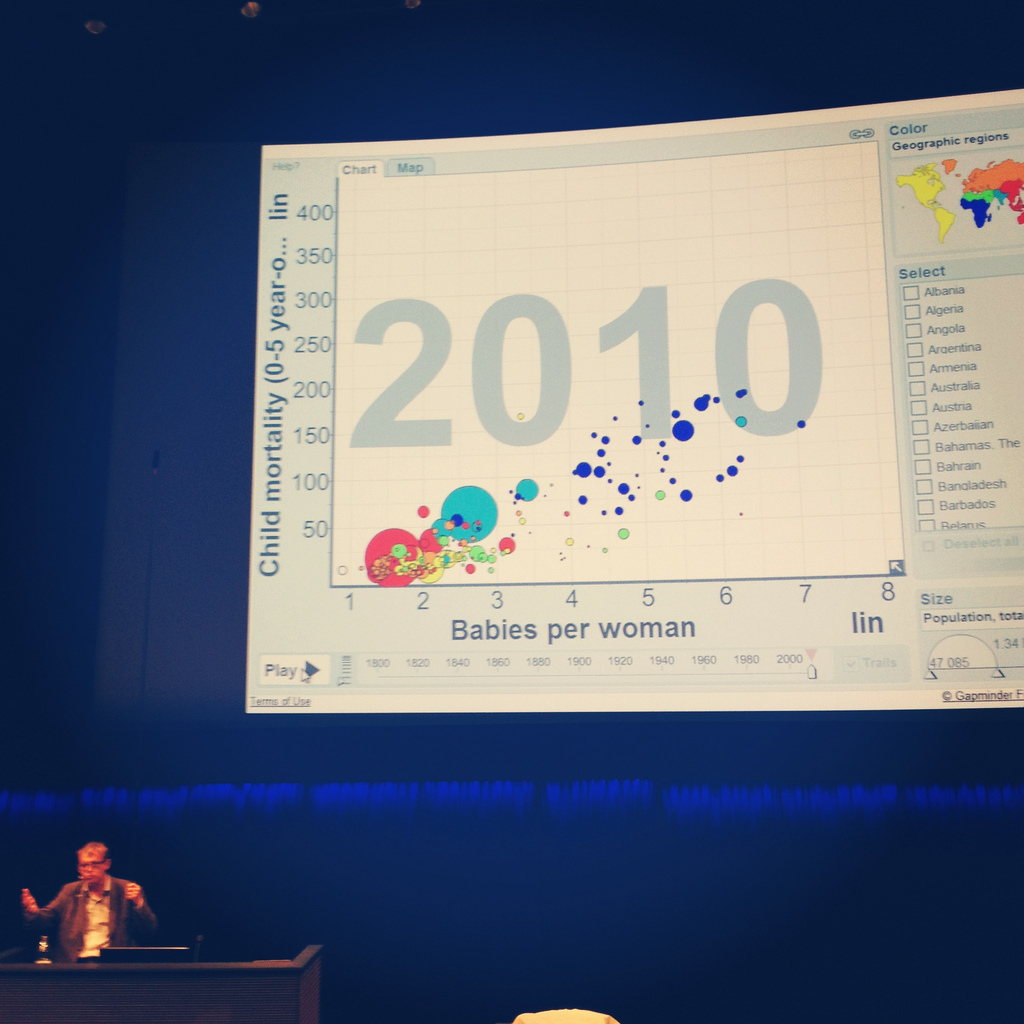The art of fact-based decision making is crucial in today’s world. Whether it is in business or your personal life data and facts are necessary to support quality decisions. The issue is that most people have a skewed outdated worldview. Hans Rosling’s book Factfulness outlines how the world is actually a much better place than it was in the past. Rosling provides data that shows this change throughout time and how more often than not we are wrong about the state of the world.
The importance of fact-based decision making is logical. As a result, we have seen the rise of big data, AI, and analytics. Companies, schools, governments, etc. are looking to better understand and measure key metrics. These metrics allow them to understand the current state and make fact-based decisions on how to improve. The mantra I’ve heard across most corporations, consultancies, and businesses is the classic “we are a data-driven company.”

Outdated world views and the need for fact-based decision making
Despite organizations focus on making data-driven decisions, the basic changes happening in the world are not understood. Hans Rosling discusses the bias he has seen towards an outdated worldview from even the most educated world leaders. From global poverty levels to population statistics to world health and education data the fact is most of the world is missing out on what progress has been made.
We teach kids history and give them a basic understanding of the world in school. Yet as we get older we do not regularly update our worldview on how the world has changed. It leads to an unconscious bias towards a more negative view of the world. The media focus on extreme cases that grab our attention. This leads us to miss out on major positive trends that are simply not as exciting news stories. Thus we are unaware of great social and economic progress including the decline in global extreme poverty levels and the decrease in the disparity between boys and girls years of schooling. Fact-based decision making can only transpire if we are up to date on global trends.

Balancing progress with current challenges
Public data shows the world has gotten better. Yet there is still no arguing that there is more that needs to be done. Any level of extreme poverty is unacceptable and disparity among boys and girls level of education and rights is also unacceptable. We have to simultaneously recognize that the world has improved. Yet there are still major challenges we have to continue to address.
Things are both better and still bad. An example is if I break my foot playing soccer and have to have surgery. After surgery, I am in a cast for a few weeks. Upon my next visit, the doctor removes the cast and gives me a walking boot. In this instance, you can see how my foot has healed, yet I am still not at full strength. Thus we can have progressed while we still face challenges.

So What?
When it comes to fact-based decision making be sure to update your worldview regularly. Understand that things change and the data to see those changes exists. Factfulness outlines 10 rules of thumb you can use to ensure you don’t make decisions based on an outdated world view. By not understanding or addressing these challenges in our thinking seriously puts us, our companies, and our governments at risk of making poor decisions. Fact-based decision making goes beyond the data and metrics relevant to your own organization, but to the world in general. I recommend you spend

[…] Factfulness – the art of fact-based decision making […]
[…] Factfulness […]
Comments are closed.